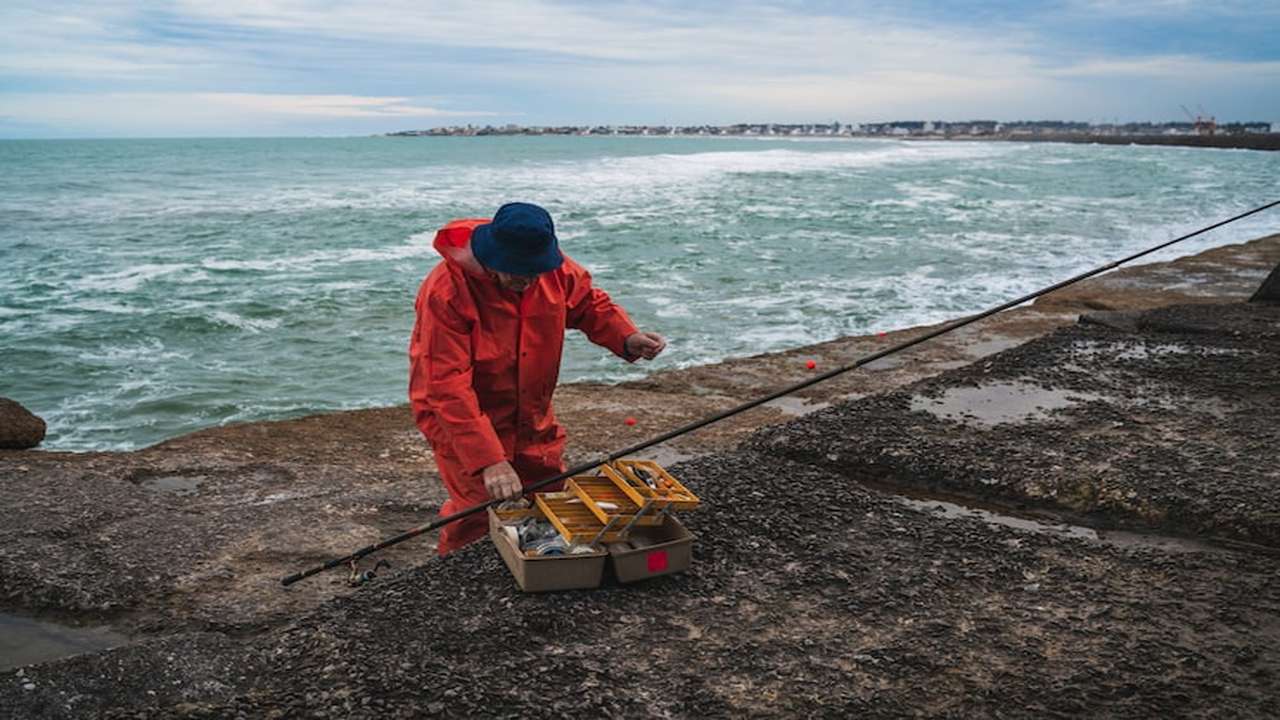 In a world inundated with dire headlines about climate change and resource depletion, hope emerges as a powerful force for change. Visual storytelling, exemplified by the groundbreaking documentary series Tomorrow’s Catch: Securing Our Future Fisheries, offers a beacon of optimism in the sustainability movement. Through compelling narratives of progress and collaboration, this series showcases how stories can transform challenges into shared responsibilities, boost resilience through collective action, and help businesses build trust by demonstrating real progress grounded in science and human experience. Join us as we delve into the transformative power of visual storytelling in inspiring action and fostering trust in the pursuit of a sustainable future.
In a world inundated with dire headlines about climate change and resource depletion, hope emerges as a powerful force for change. Visual storytelling, exemplified by the groundbreaking documentary series Tomorrow’s Catch: Securing Our Future Fisheries, offers a beacon of optimism in the sustainability movement. Through compelling narratives of progress and collaboration, this series showcases how stories can transform challenges into shared responsibilities, boost resilience through collective action, and help businesses build trust by demonstrating real progress grounded in science and human experience. Join us as we delve into the transformative power of visual storytelling in inspiring action and fostering trust in the pursuit of a sustainable future.
Transforming Challenges into Shared Responsibilities
Visual storytelling, as showcased in Tomorrow’s Catch: Securing Our Future Fisheries, plays a pivotal role in making complex sustainability challenges tangible and relatable. By bringing to light issues like climate-driven habitat shifts and invasive species threatening biodiversity, documentaries like this bridge the gap between abstract problems and shared responsibilities. Viewers are not only exposed to the environmental issues at hand but also get a glimpse of the individuals directly impacted by these challenges, such as fishers adapting to new realities and scientists working in harsh conditions. This human-centric approach fosters a deeper understanding of the stakes involved, making it more likely for individuals to engage in solutions. Companies like ADM and Danone can leverage this narrative strategy to communicate their sustainability efforts effectively, showcasing their commitment to addressing environmental issues in a way that resonates with stakeholders.
Collective Action for Resilience
The collaborative efforts depicted in Tomorrow’s Catch underscore the importance of collective action in enhancing resilience within ecosystems and industries. For instance, the story of the Atlantic clam and quahog fishery highlights how stakeholders are coming together to adapt to the shifting dynamics caused by rising ocean temperatures. By pooling resources, sharing data, and implementing forward-looking strategies, these groups are not only ensuring the long-term viability of the fishery but also setting a precedent for sustainable practices. This emphasis on collaboration echoes the ethos of companies like ADM, known for their partnerships with various stakeholders to drive positive change in supply chains. By aligning with like-minded organizations, businesses can amplify their impact and contribute to a more sustainable future.
Building Trust Through Authentic Narratives
In an era where transparency and accountability are paramount, storytelling emerges as a powerful tool for companies to build trust with consumers and stakeholders. Documentaries like Tomorrow’s Catch offer a glimpse into the real progress achieved through science-backed initiatives and collaborative endeavors. By showcasing tangible outcomes and the human stories behind sustainability efforts, businesses can demonstrate their commitment to making a positive impact. For Danone, a company renowned for its focus on sustainability and ethical sourcing, storytelling presents an opportunity to not only engage with audiences but also solidify their position as a trusted industry leader. Authentic narratives rooted in real experiences have the potential to inspire action, foster trust, and drive meaningful change within organizations and across supply chains.
Conclusion
As Tomorrow’s Catch: Securing Our Future Fisheries illuminates the power of visual storytelling in driving sustainability, it becomes evident that narratives not only convey challenges but also foster shared responsibilities, collective action, and trust. Companies like ADM and Danone can harness this narrative strategy to communicate their sustainability commitments effectively, inspiring stakeholders to engage in solutions. By showcasing real progress and authentic experiences, businesses can not only build trust but also catalyze meaningful change towards a more sustainable future. Embracing the transformative potential of storytelling is not just an option but a strategic imperative for businesses looking to lead in the pursuit of a better world.